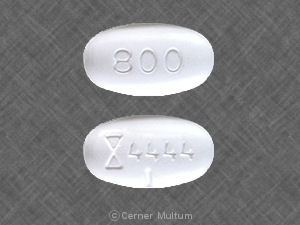Gabapentin was Recommended as a Possible Treatment for Migraines
Gabapentin has been recommended as a possible treatment for migraines by the National Institute for Health and Care Excellence (NICE), but recent research has suggested it may not be effective in preventing attacks and concerns have been raised about the quality of earlier research into the medication.

Gabapentin is sometimes used off-label for migraine prevention, though it’s not officially approved by the FDA for this purpose. Its effectiveness for migraines varies, and it’s typically considered when other first-line treatments haven’t been effective or aren’t well-tolerated.
How Gabapentin May Help with Migraine Prevention
The exact mechanism by which gabapentin may help prevent migraines is not fully understood. However, it likely helps by modulating neurotransmitter activity and reducing the excitability of neurons. Here’s how it may help in migraine prevention:
- Modulation of Pain Pathways: Gabapentin can reduce pain signaling in the nervous system by binding to the α2δ subunit of voltage-gated calcium channels in the brain. This reduces the release of excitatory neurotransmitters like glutamate and substance P, which are linked to the transmission of pain.
- Stabilization of Nerve Activity: Migraines are associated with abnormal nerve excitability and hyperactivity in certain areas of the brain. Gabapentin’s effects on calcium channels may help stabilize these nerves, potentially reducing the frequency or severity of migraine attacks.
- Reduction in Neuroinflammation: Migraines can also involve neuroinflammation. Gabapentin’s action on the nervous system may help modulate inflammatory responses that contribute to migraine symptoms.
Typical Use for Migraine Prevention
For migraine prevention, gabapentin is usually started at a low dose, and the dosage is gradually increased under a healthcare provider’s supervision. This titration helps minimize potential side effects, such as dizziness, fatigue, and drowsiness, which are common with gabapentin. The exact dosage and frequency will vary based on individual response and tolerance.
Effectiveness and Considerations
Gabapentin is not considered a first-line treatment for migraine prevention. Medications like beta-blockers, antiepileptic drugs (e.g., topiramate), and certain antidepressants are usually tried first. Studies on gabapentin for migraine prevention have shown mixed results, with some patients experiencing significant relief and others seeing little benefit. If prescribed, it is typically one part of a larger migraine management plan, which may include lifestyle changes, dietary adjustments, and other medications.